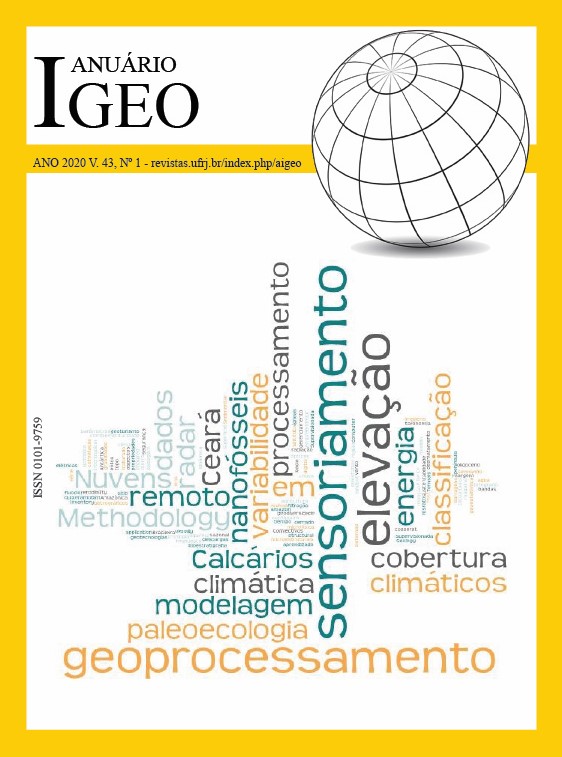Application of MCT Methodology to Determine Soil Erodibility in Road Cutting Slopes in Quadrilátero Ferrífero Region
DOI:
https://doi.org/10.11137/2020_1_191_198Palavras-chave:
Erodibility, MCT Methodology, Cutting Slopes, Quadrilátero FerríferoResumo
Erodibility is defined as soil susceptibility to erosive processes. Although several studies have been developed in agronomic area, there are still gaps regarding road slopes, mainly due to the different soil structure conditions. This present work addresses the erodibility in road cut slopes located in the Quadrilátero Ferrífero – MG, with presence of horizons of antagonistic behavior in relation to erosion. The erodibility evaluation was made by geotechnical characterization, Compacted Miniature for Tropical Soils methodology (MCT), infiltrability and modified immersion mass loss tests. The results of MCT methodology demonstrate distinctly behavior between resistant and erodible soils, confirming that lateritic conditions increase soil resistance against water erosion. The MCT erodibility criterion checked that erodible soils are more unstable when in contact with water, showing better performance when compared to conventional MCT test. Therefore, more weathered or lateritic soils are more resistant to erosive processes, while less evolved soils, such as C horizons, are prone to erosion, requiring control measures to prevent their direct exposure to weathering.Downloads
Não há dados estatísticos.
Downloads
Publicado
2020-04-23
Como Citar
Couto, B. de O. C. e Gomes, R. C. (2020) “Application of MCT Methodology to Determine Soil Erodibility in Road Cutting Slopes in Quadrilátero Ferrífero Region”, Anuário do Instituto de Geociências. Rio de Janeiro, BR, 43(1), p. 191–198. doi: 10.11137/2020_1_191_198.
Edição
Seção
Artigos
Licença
Os artigos publicados nesta revista se encontram sob a llicença Creative Commons — Atribuição 4.0 Internacional — CC BY 4.0, que permite o uso, distribuição e reprodução em qualquer meio, contanto que o trabalho original seja devidamente citado.
















 Exceto onde indicado de outra forma, o conteúdo deste site é licenciado sob uma licença
Exceto onde indicado de outra forma, o conteúdo deste site é licenciado sob uma licença 